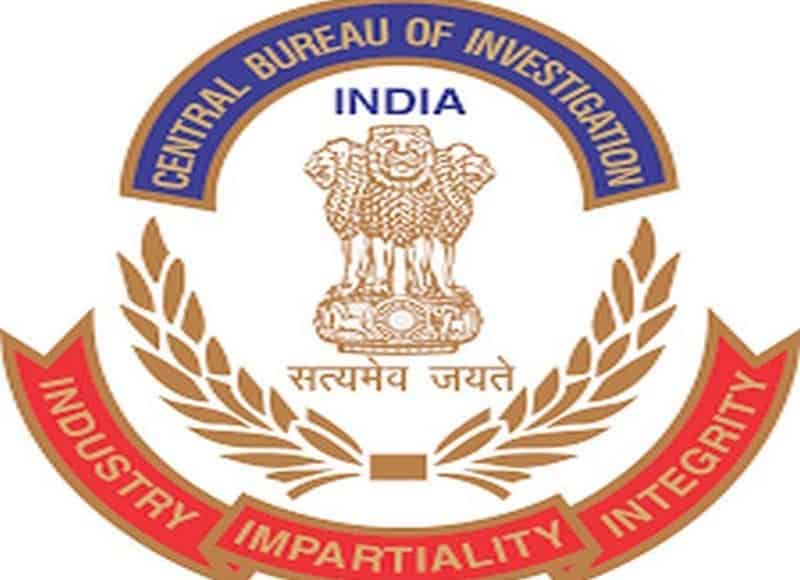New Delhi: Under attack from the opposition parties, the CBI on Monday said that Samajwadi Party chief Akhilesh Yadav as Chief Minister of Uttar Pradesh granted lease of mines to 14 people in 2013 in Hamirpur district against the Allahabad High Court orders which had ratified the e-tender policy.
CBI sources released a list of 22 leases cleared by Akhilesh Yadav, who was also the mining minister during the period, and Gayatri Prasad Prajapati, who succeeded Yadav as the Mining Minister.
“Yadav granted lease to 13 people in one go on February 17, 2013. And on June 14, 2013, he again granted lease to one person in the district of Hamirpur,” an official said, adding that the lease granted to all these 14 people were in violation of e-tendering policy of 2012 of the state government which was ratified by the Allahabad High Court on January 29, 2013.
The disclosure of the list came after a political row erupted two days after the agency on Saturday said that Yadav’s role in grant of licences will also be probed.
On Sunday, the SP chief had alleged that the BJP was using the CBI as a tool for arm-twisting the opposition party leaders, some of whom are trying to forge an electoral alliance.
BSP supremo Mayawati on Monday also attacked the Narendra Modi-led government of “trying to intimidate” and arm-twist its political rivals through government agencies like the CBI.
The CBI had carried out searches at 14 locations in Delhi and several cities of Uttar Pradesh in connection with its investigation into the illegal sand mining case in the district of Hamirpur between 2012-16.
The official also said that Prajapati had cleared eight mining leases between September 2013 and May 2015 in violation of the Allhabad High Court order.
According to the CBI source, all these leases were valued above Rs 5 lakh.
On Saturday, the CBI had carried out searches at 14 locations including the residence of a woman IAS officer, a Samajwadi Party leader and a BSP leader.
CBI spokesperson Abhishek Dayal had said that the agency registered a case on January 2 against 11 people, including a few known public servants and unknown public servants and others, under the Indian Penal Code and the Prevention of Corruption Act.
[source_without_link]IANS[/source_without_link]

